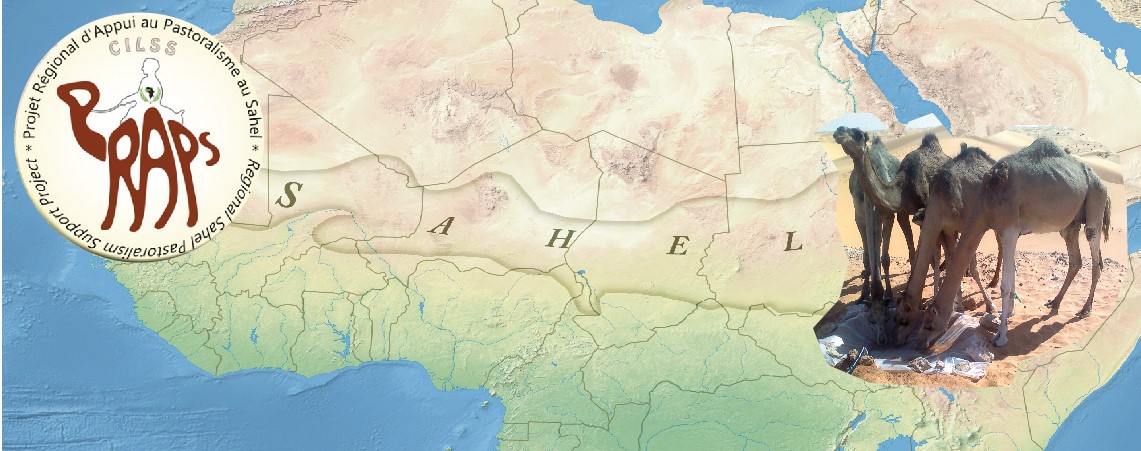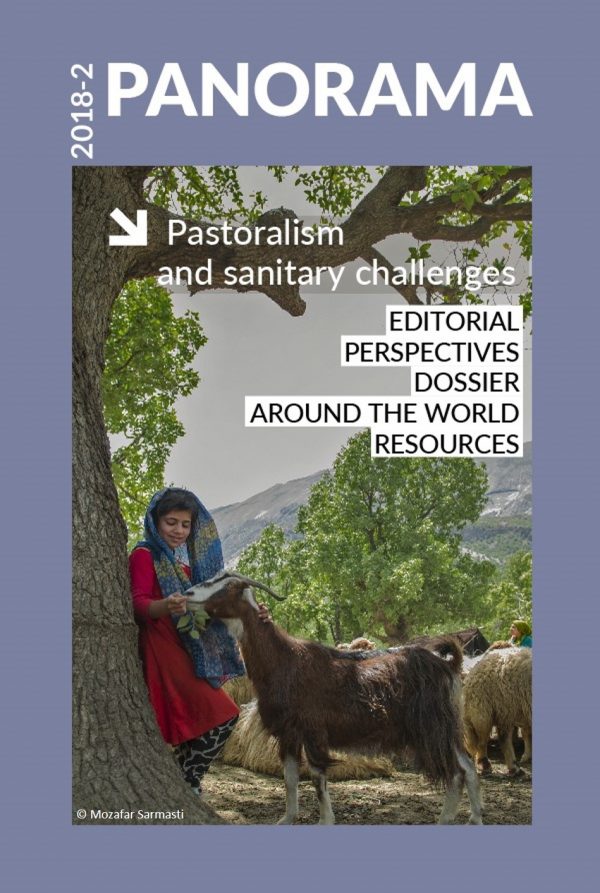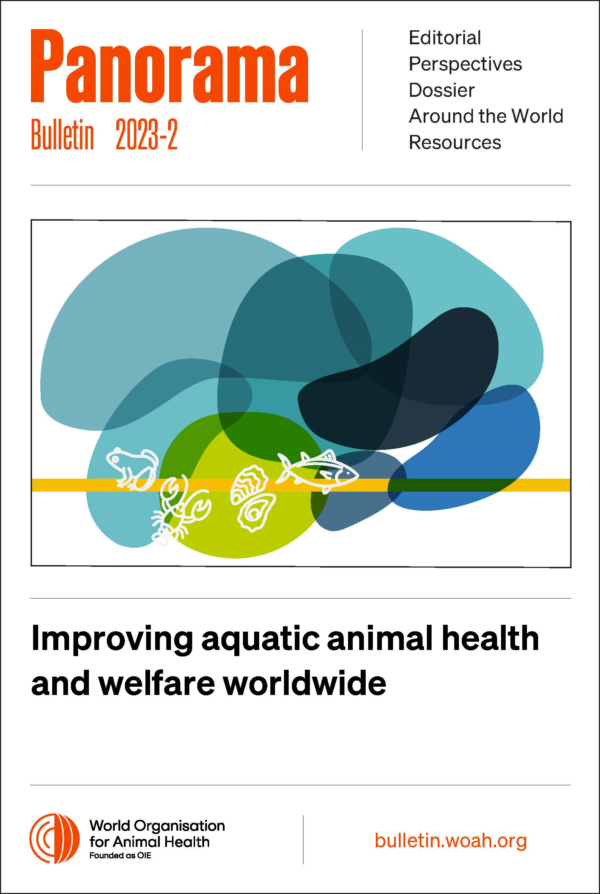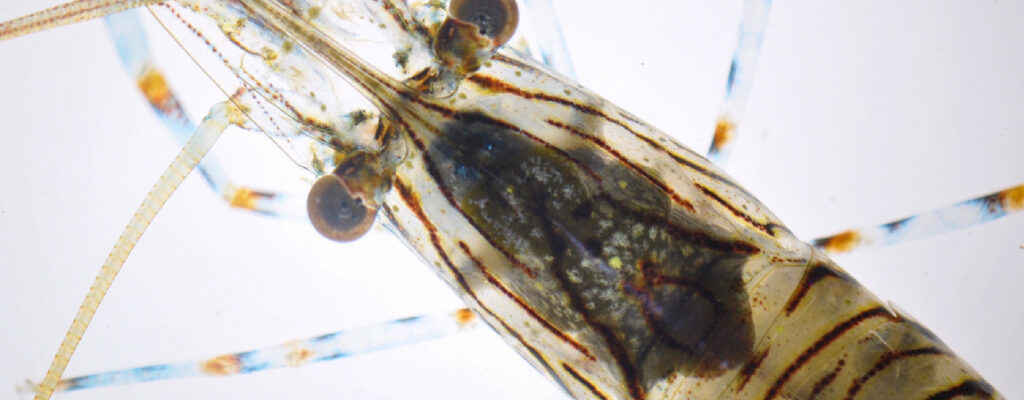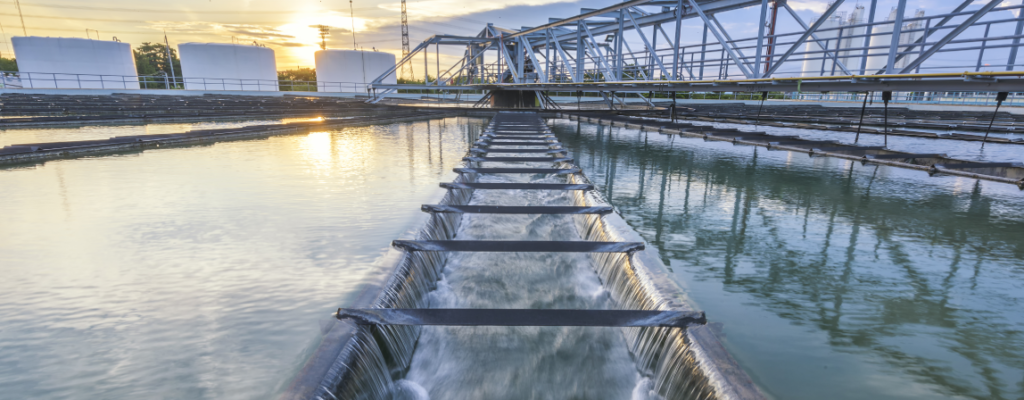Around the world Posted on 2019-02-11 10:12:00
Network initiatives
Pastoralism as a sustainable development tool in the Sahel
Keywords
Authors
Maty Ba-Diao (1)* & Régina Bandé (2)
(1) Regional Coordinator, PRAPS Project, CILSS Executive Secretariat, Ouagadougou, Burkina Faso
(2) Communication Expert, CILSS
* Corresponding author: maty.ba-diao@cilss.int
The designations and denominations employed and the presentation of the material in this article do not imply the expression of any opinion whatsoever on the part of the OIE concerning the legal status of any country, territory, city or area or of its authorities, or concerning the delimitation of its frontiers and boundaries.
The views expressed in this article are solely the responsibility of the author(s). The mention of specific companies or products of manufacturers, whether or not these have been patented, does not imply that these have been endorsed or recommended by the OIE in preference to others of a similar nature that are not mentioned.
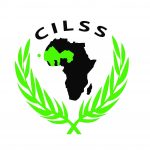
This investment in pastoral livestock farming in the Sahel is justified, not only because it guarantees continued diversity in livestock methods, but also because it ensures a better standard of living for the 50 million people in the Sahel directly concerned with this type of farming. Pastoralism contributes to:
- employment and income distribution;
- the supply of consumer markets;
- the resilience of farming households whose production is shifting towards agro-sylvo-pastoral systems that are more diversified and better able to cope with different types of unforeseen events;
- the development of land and the management and safety of territories, notably through the agro-ecological use of areas ill-adapted to cultivation;
- the promotion and protection of natural resources and the protection of biodiversity;
- social relationships between ethnic groups and nationalities, which serve to drive regional integration by societies and form the basis for ensuring that animal movements are managed peacefully and that animals are accepted in transit and destination areas.
The protection of this form of livestock farming is vital for the populations concerned and requires long-term investments through the creation and introduction of structural programmes. Thanks to the progress achieved on the ground by the PRAPs since its launch, other technical and financial partners (including the European Union, the French Development Agency and the Swiss Agency for Development and Cooperation) have expressed an interest in developing and modernising pastoralism.
Animal health is a key component in all the programmes under way or in development. Several diseases causing productivity losses and often considerable mortality are still rampant in our region. The fall in productivity decreases income and increases food insecurity among pastoral households. Consequently, strengthening animal health through the implementation of efficient veterinary services that are compliant with the standards of the World Organisation for Animal Health (OIE) is an objective shared by all pastoral development programmes in the Sahel.
http://dx.doi.org/10.20506/bull.2018.2.2869




